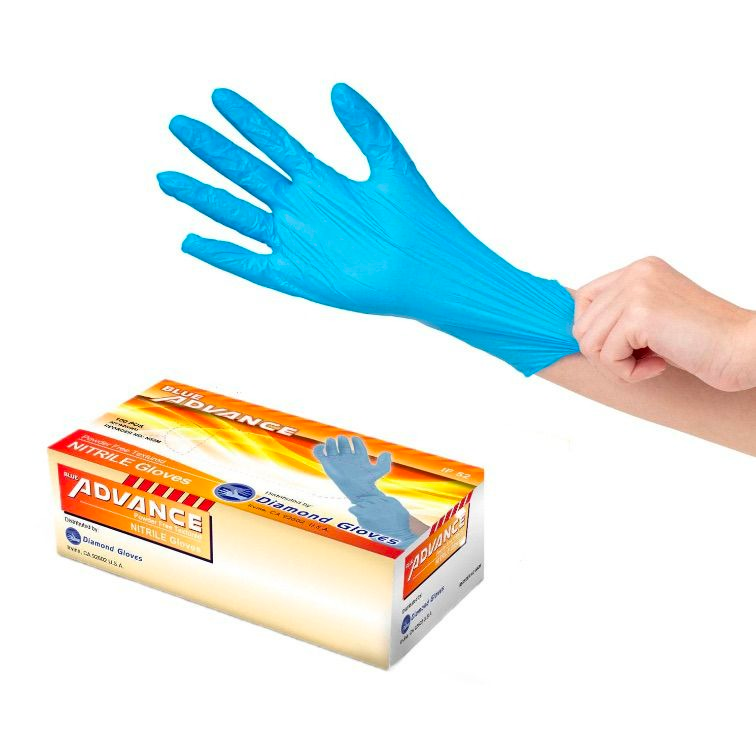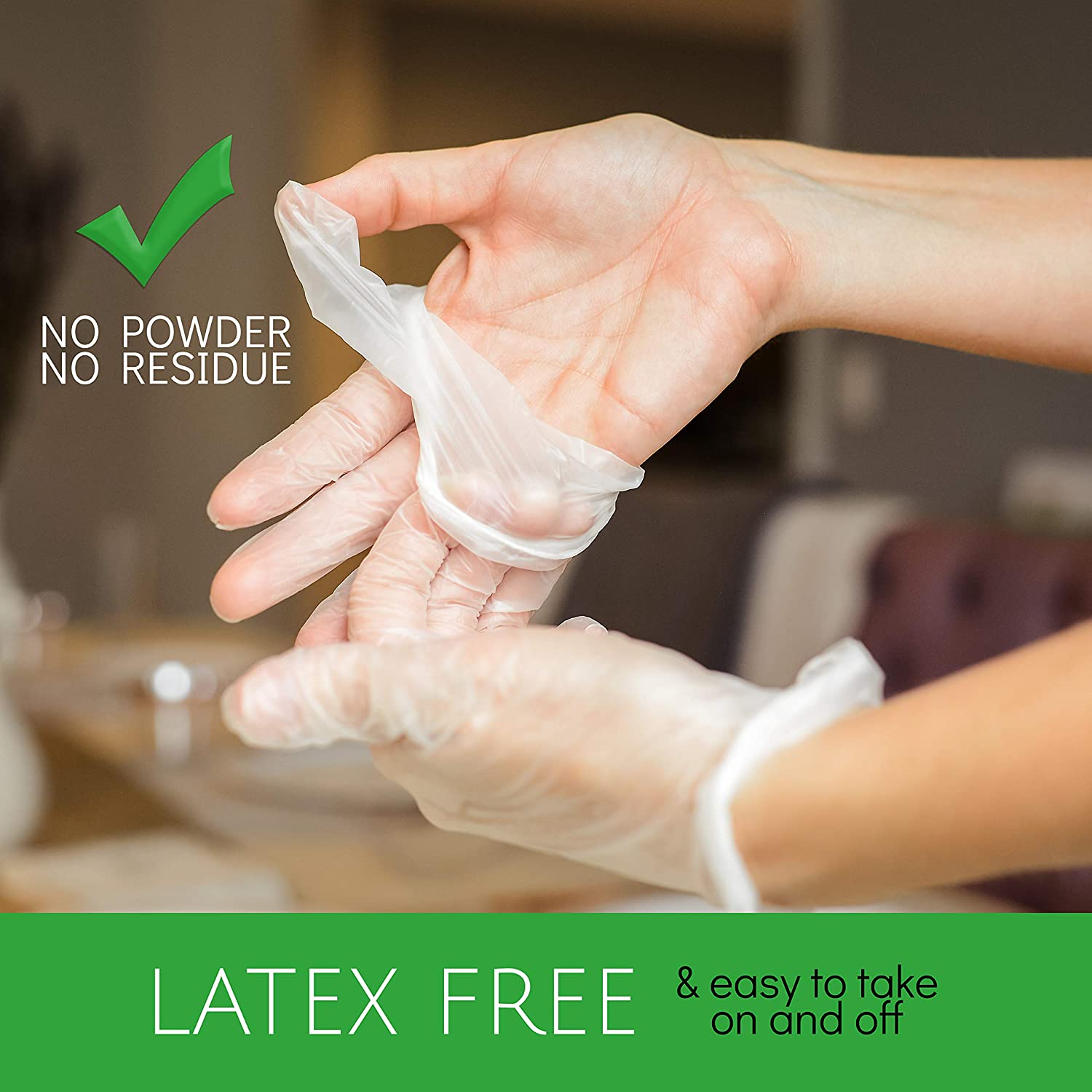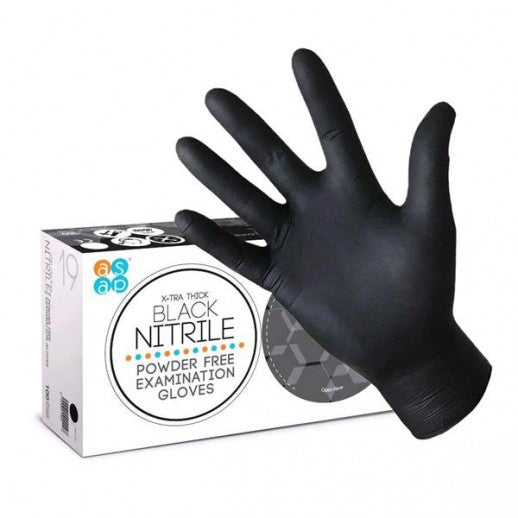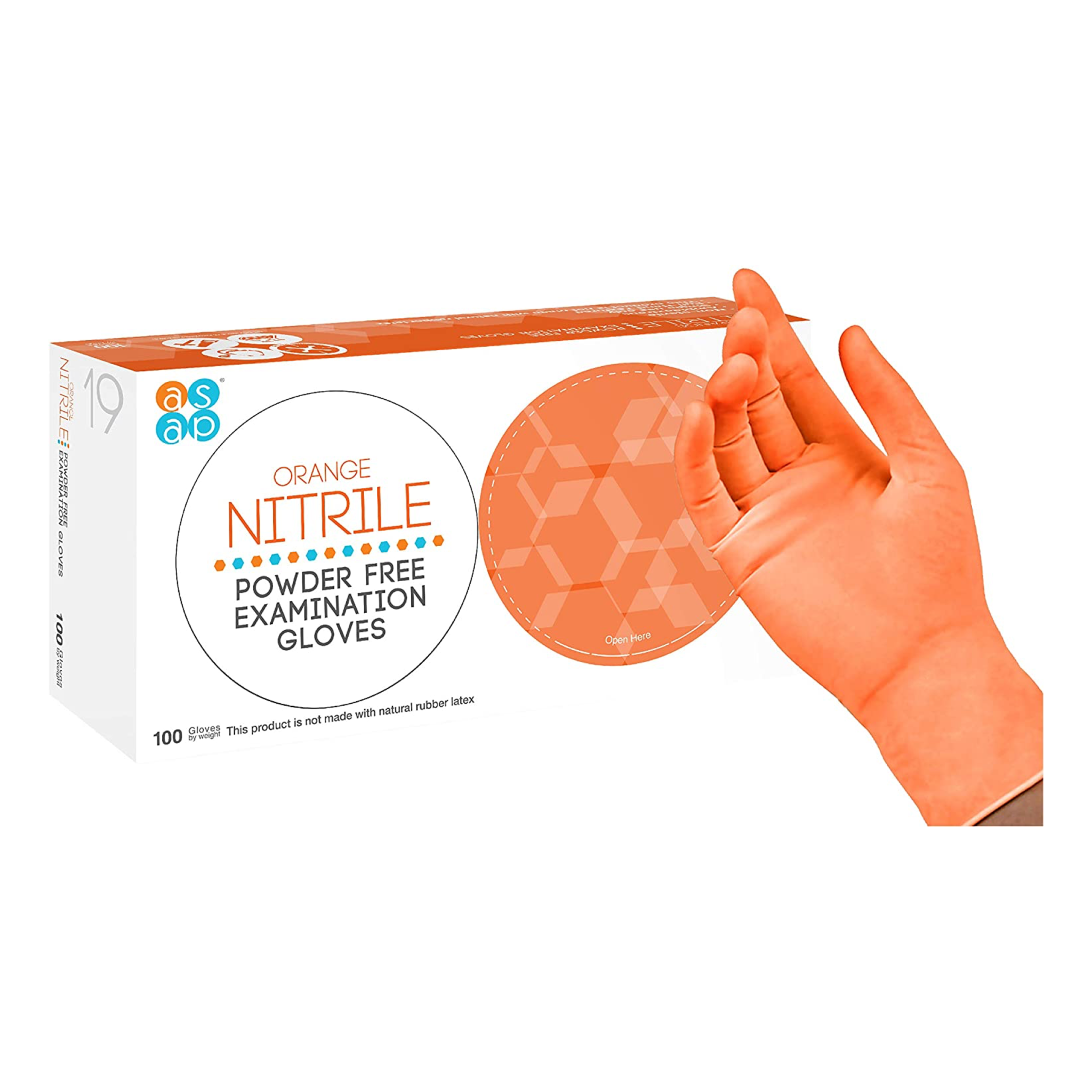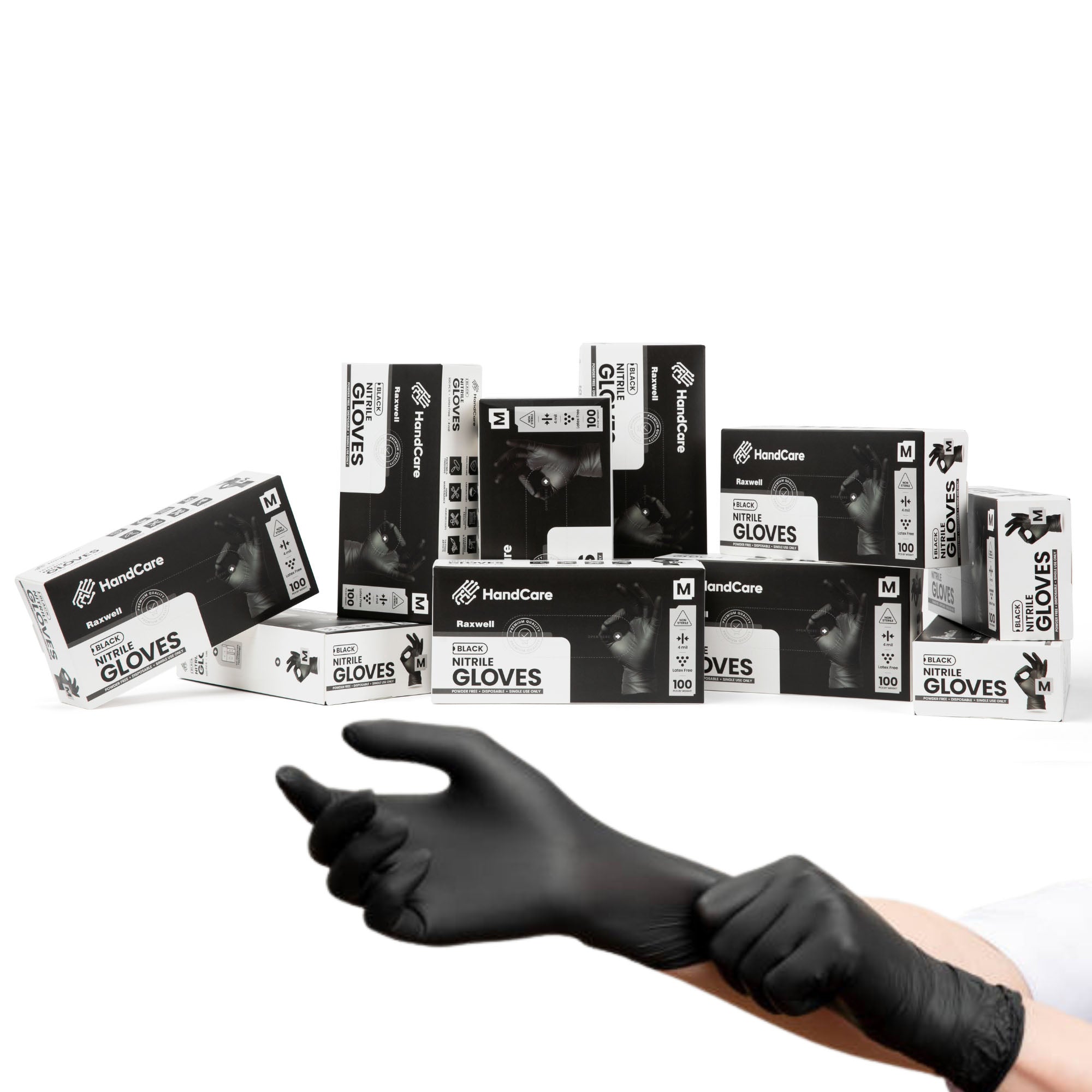Plumbing Gloves
Plumbing Gloves Best Options
After trying many different type of gloves from amazon, finally found ones with good fit and quality. Would recommend!
Good size, not too tight, not too loose. Strong material, don’t rip like others I’ve used. Recommend
These gloves are thicker and well made. They fit snug, which I like. Met my expectations and would recommend.
What kind of gloves do plumbers wear?
Plumbers typically wear gloves that provide both protection and flexibility for handling tools and working in wet environments. Nitrile gloves are a popular choice due to their resistance to punctures, chemicals, and solvents, making them ideal for plumbing work. Some plumbers also use latex gloves, which offer good dexterity, but these may not be suitable for all users due to latex allergies.
PVC gloves are sometimes used for heavy-duty tasks where chemical resistance is crucial.
Why do plumbers wear gloves?
Plumbers wear gloves primarily to protect their hands from hazardous substances such as chemicals, oils, and waste materials. The gloves help prevent skin irritation or allergic reactions that can arise from prolonged exposure to harsh substances.
Gloves provide a barrier against cuts, scrapes, and abrasions that may occur while working with sharp tools or handling rough pipes. Wearing gloves also helps maintain hygiene, especially when dealing with sewage or other unsanitary conditions.
What should a plumber wear?
In addition to gloves, a plumber should wear protective clothing such as durable, water-resistant workwear to handle messy or wet environments. Safety goggles are essential to shield the eyes from splashes, debris, or hazardous materials during plumbing tasks.
Sturdy, non-slip work boots are also crucial for providing foot protection and ensuring stability on slippery surfaces. Some plumbers may also wear knee pads for comfort when working in tight spaces or on hard surfaces for extended periods.
Which type of gloves are required for plumbing work?
For plumbing work, nitrile gloves are highly recommended due to their chemical resistance and durability. Nitrile gloves provide protection from oils, solvents, and various chemicals encountered in plumbing tasks, making them suitable for handling different materials.
Latex gloves can be used for tasks that require more dexterity, but they may not be ideal for handling harsh chemicals or for individuals with latex allergies. PVC gloves are another option for heavy-duty tasks where more robust chemical resistance is needed, especially for industrial plumbing work.
Will liquid plumber melt nitrile gloves?
Nitrile gloves are resistant to most chemicals, including liquid plumber, and generally do not melt when exposed to such substances. However, prolonged exposure to highly corrosive chemicals may weaken the gloves over time, reducing their protective properties.
Nitrile is preferred in plumbing because it provides better resistance to chemicals compared to latex or vinyl gloves. It is always recommended to inspect gloves regularly and replace them if signs of degradation appear after handling strong chemicals.
Keep up-to-date with our guides and find the best glove options for your industry
Guides to help you choose
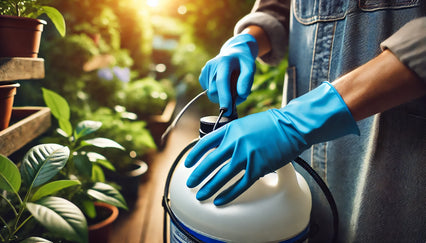
Best Gloves For Pesticides

Is There A Natural Latex




